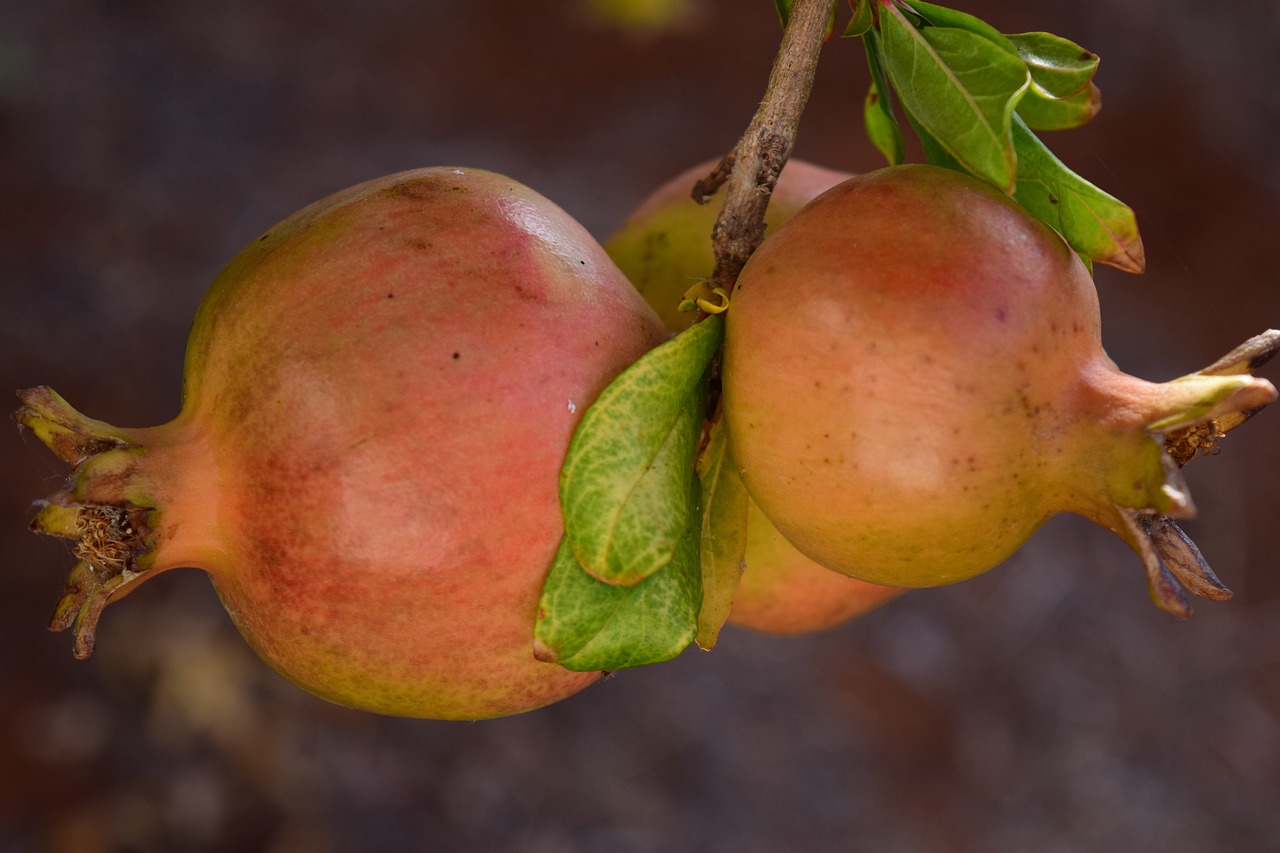Exploring the Health Benefits of Herbal Lozenges for Respiratory Support
Herbal lozenges play a vital role in maintaining respiratory health by providing soothing relief to the throat and airways. These natural remedies are designed to help alleviate coughing, sore throat, and other discomforts associated with respiratory issues, making them a popular choice for individuals seeking alternative solutions for respiratory support. With their blend of herbal ingredients, lozenges offer a gentle yet effective way to promote respiratory wellness and enhance overall comfort.
One of the key advantages of herbal lozenges is their ability to deliver targeted relief directly to the throat and lungs. By slowly dissolving in the mouth, the powerful botanical extracts in these lozenges can help to calm irritation, reduce inflammation, and support healthy respiratory function. This targeted approach allows individuals to experience fast-acting relief from respiratory symptoms, making herbal lozenges a valuable addition to any self-care routine focused on maintaining optimal respiratory health.
Understanding How Herbal Lozenges Work to Support Respiratory Function
When it comes to supporting respiratory function, herbal lozenges play a crucial role in promoting overall lung health. These lozenges work by harnessing the power of natural ingredients that have been traditionally used to alleviate respiratory issues such as coughs, congestion, and throat irritation. The key mechanism behind the effectiveness of herbal lozenges lies in their ability to deliver medicinal compounds directly to the respiratory tract, providing targeted relief where it’s needed most.
One of the main ways in which herbal lozenges support respiratory function is by soothing irritated tissues in the throat and airways. Ingredients such as licorice root, slippery elm, and marshmallow root have demulcent properties that help to coat and protect the delicate lining of the respiratory tract, reducing irritation and inflammation. Additionally, many herbal lozenges contain expectorant herbs like eucalyptus, peppermint, and thyme, which help to loosen phlegm and mucus, making it easier to clear congested airways and improve breathing.
Key Ingredients in Herbal Lozenges for Respiratory Support
Herbal lozenges for respiratory support contain a variety of key ingredients that work together to provide relief and promote respiratory health. One common ingredient found in these lozenges is eucalyptus, known for its anti-inflammatory and decongestant properties. Eucalyptus helps to open up the airways and reduce inflammation, making it easier to breathe during times of congestion or respiratory discomfort.
Another important ingredient often included in herbal lozenges for respiratory support is peppermint. Peppermint has a cooling effect that can help soothe a sore throat and reduce coughing. Additionally, peppermint is believed to have antimicrobial properties that can help fight off infections in the respiratory tract, further supporting overall respiratory health.
What are herbal lozenges?
Herbal lozenges are a type of natural remedy that are designed to support respiratory health. They typically contain a blend of herbs and other ingredients that have been traditionally used to soothe the throat and support respiratory function.
How do herbal lozenges work to support respiratory function?
Herbal lozenges work by delivering key ingredients directly to the throat and respiratory system. These ingredients can help to soothe irritation, reduce inflammation, and support overall respiratory health.
What are some key ingredients found in herbal lozenges for respiratory support?
Some common key ingredients found in herbal lozenges for respiratory support include licorice root, marshmallow root, slippery elm, eucalyptus, and peppermint. These ingredients are known for their soothing and respiratory-supporting properties.
Are herbal lozenges safe to use for respiratory support?
Herbal lozenges are generally considered safe for most people to use for respiratory support. However, it’s always a good idea to consult with a healthcare professional before starting any new herbal supplement, especially if you are pregnant, nursing, or taking medication.







